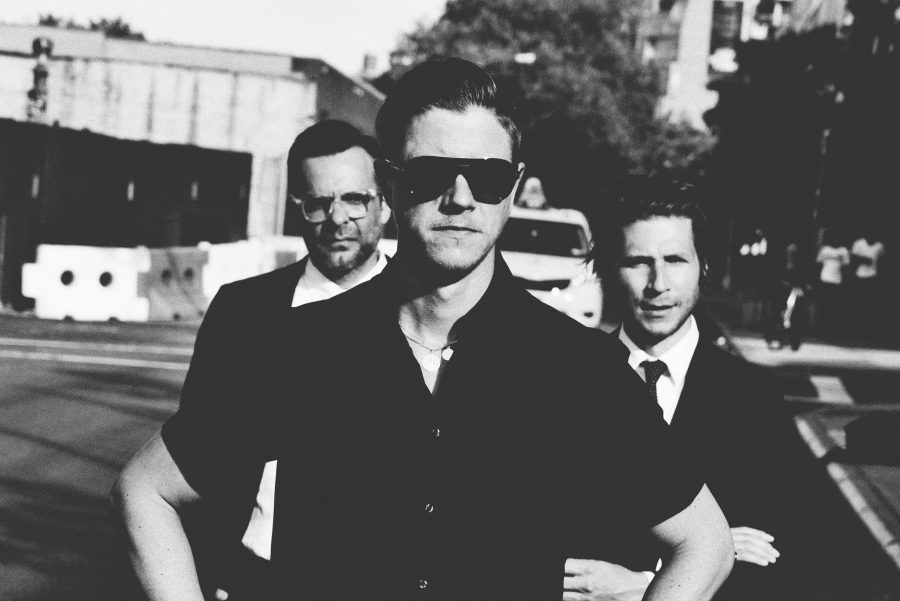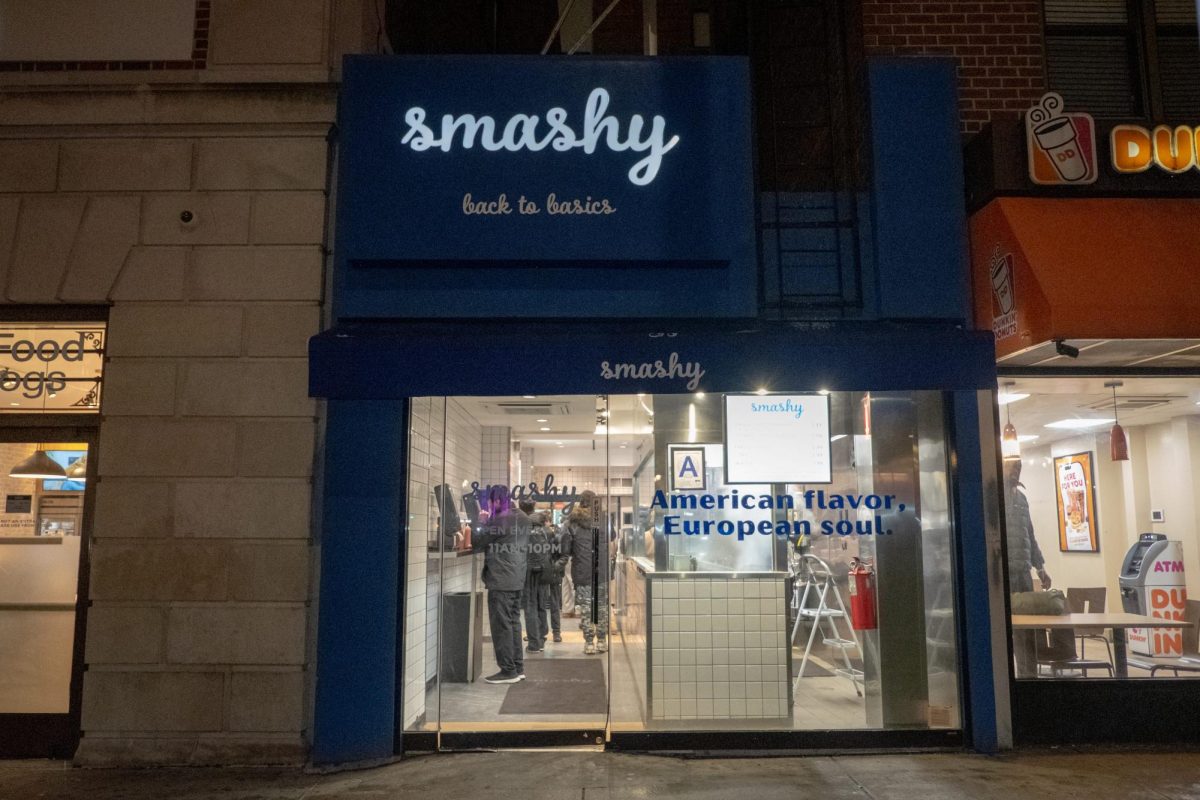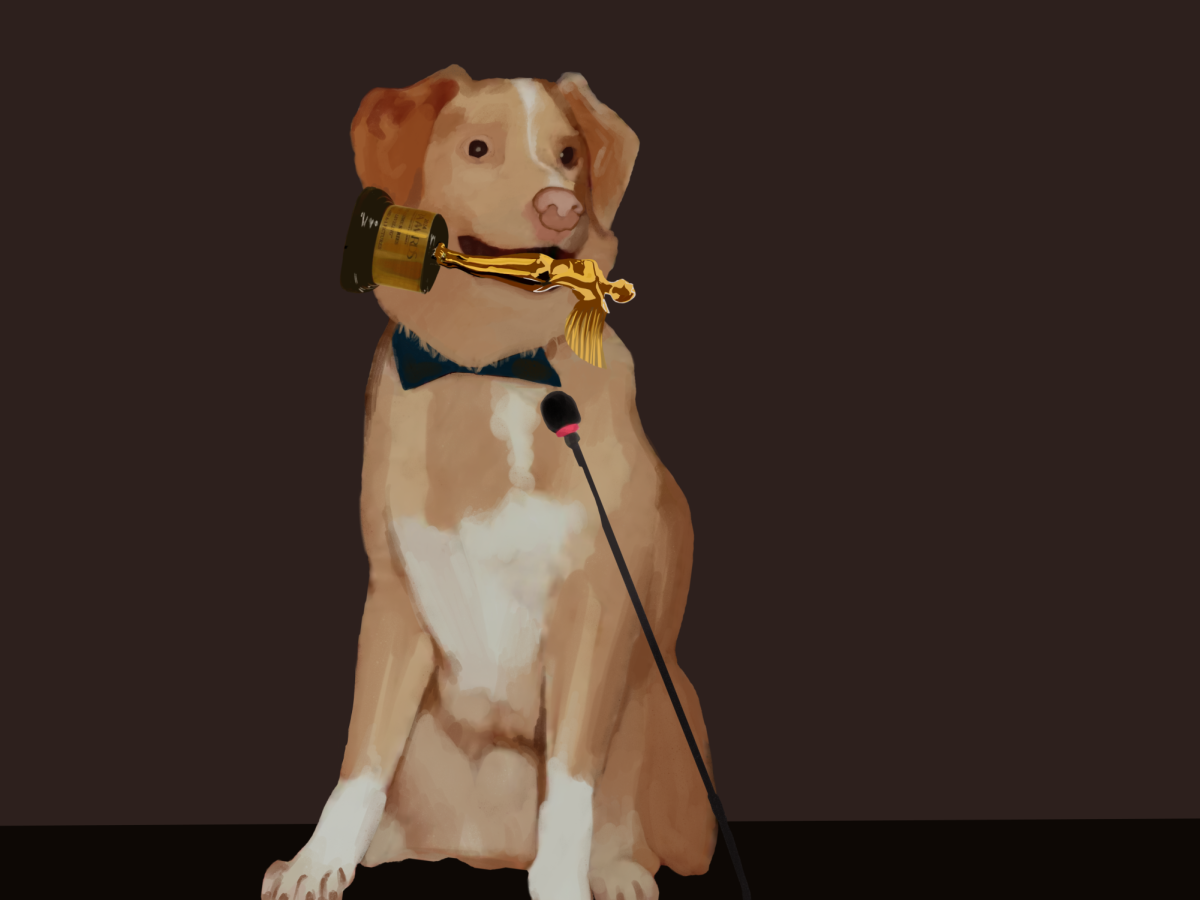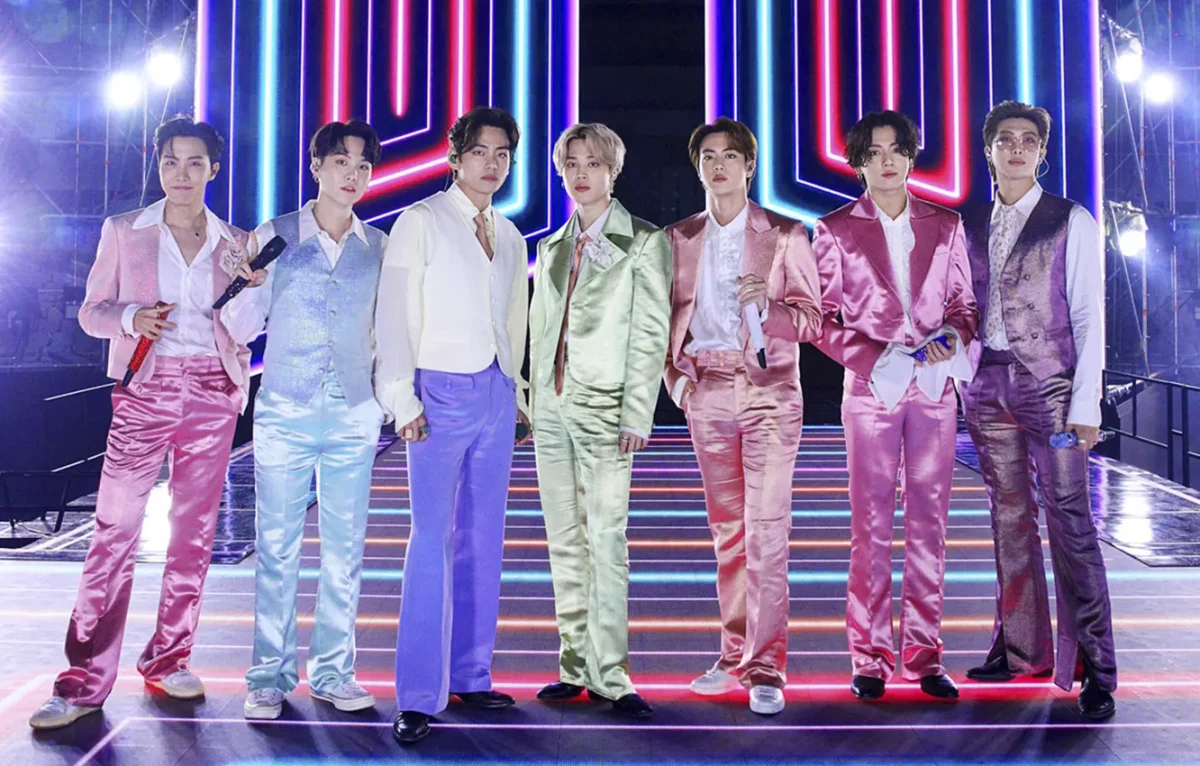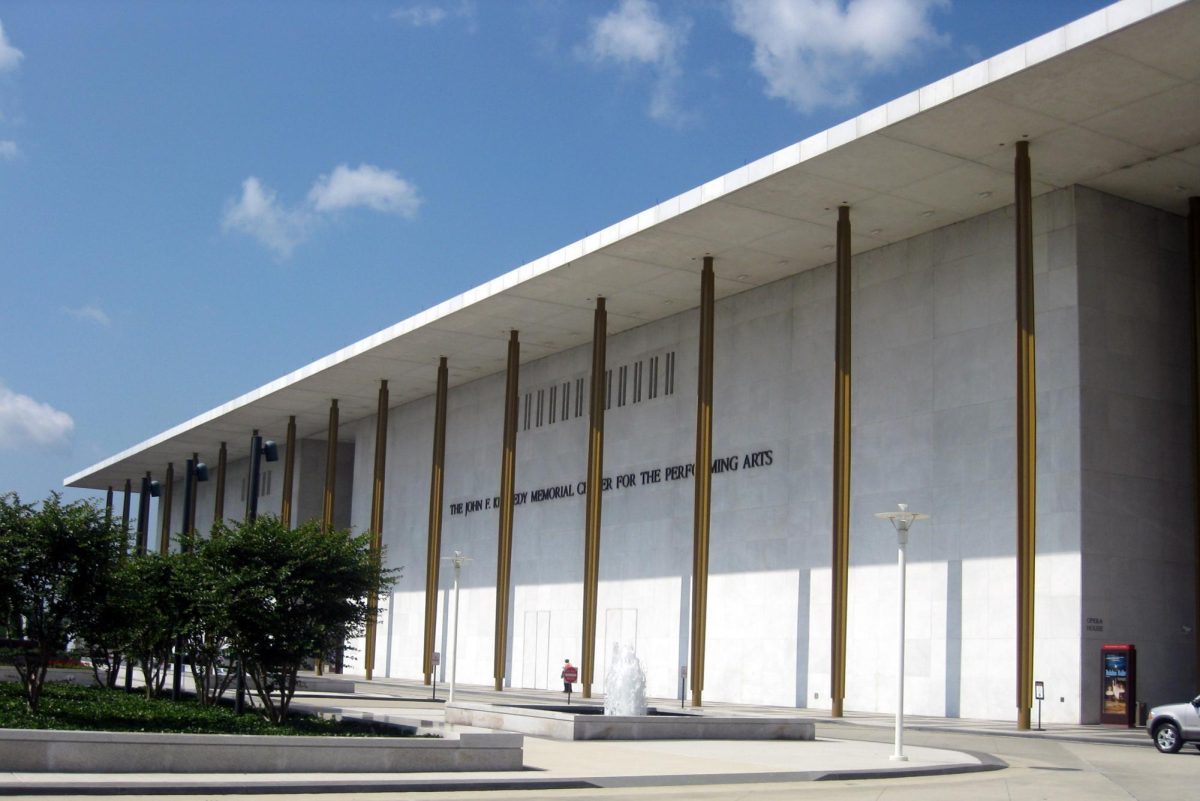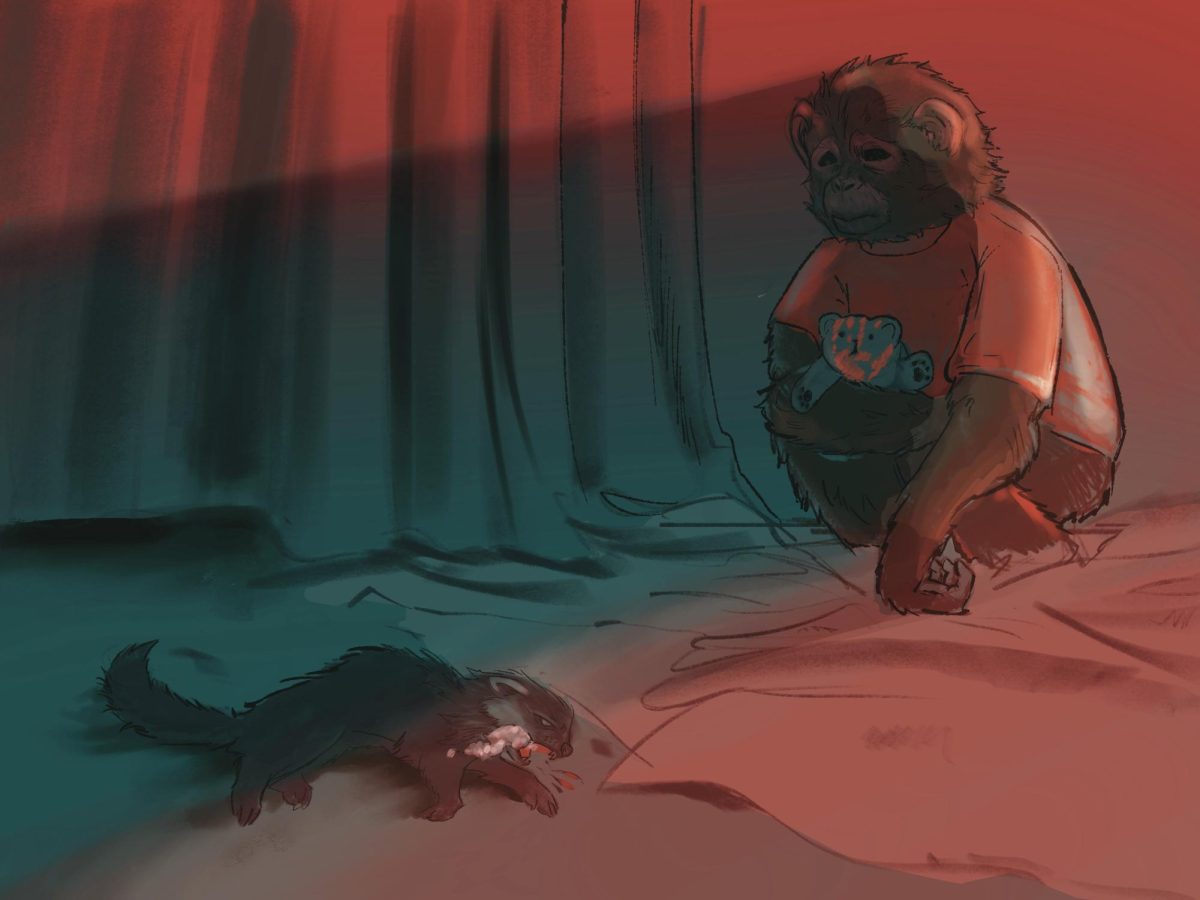As Interpol entered the stage at Madison Square Garden on Feb. 16, the band was given a hero’s welcome by a crowd of pumped-up fans ready to dance to one of the groups that was a part of the indie rock revival movement of the early 2000s.
Interpol made a name for itself when the group’s 2002 debut album, Turn on the Bright Lights, became one of the most adored indie rock records to come out of the New York City music scene.
Since then, Interpol has established itself as a key player on the indie rock scene, releasing subsequent albums, including its latest album, Marauder, which dropped in August. After nearly two decades of music, Interpol still knows how to rock a crowd.
For a band that follows the typical instrument setup of two guitars, a bass guitar, drums and a keyboard, Interpol knows how to make a lot of noise while still being melodically haunting.
In support of its new album, Interpol played a lot of new songs at the show that went over well with fans in attendance. Once Interpol started playing fan favorites like “C’mere” and “Roland,” it was clear from the reaction of the crowd that attendees were ready to sing and shout. Lead guitarist and singer Paul Banks still sounded as good as he did when the band played in pubs at the start of its career.
Interpol was able to adjust its pub sound to accommodate a large venue like the Garden with the help of effects like strobe lights and a disco ball. As songs like “Slow Hands” reached a climax, so did the effects, making for an entertaining experience.
As soon as the first chord was struck, the venue quickly filled up with smoke — not from a special effects machine, but from the weed in the air. For a moment, being in the arena felt like being in a pub.
After the departure of bassist Carlos Dengler in 2010, Interpol was at risk of sounding like an incomplete trio, but that wasn’t the case. The remaining band members continued to have a good chemistry that transitioned well into their playing.
“We’re still reacting to each other’s creative energy,” guitarist Daniel Kessler explained, speaking with The New York Post in an interview before the concert.
“That’s what keeps us together. If I didn’t feel that way, I wouldn’t keep doing it just to do it. And I feel like we have much more to say.”
The setlist for the concert was strong. The band was able to find a good mixture of new and old material that reflected its diverse music catalog. However, the set list saw the exclusion of fan favorites such as “Obstacle 2,” “Stella Was a Diver and She Was Always Down”
and “PDA.”
Even with the exclusion of these popular songs, Interpol was still able to remind fans of the band’s early career with the song “NYC.” It was clear from the first few notes of the song that the audience and Interpol were at their most sentimental. The performance was evocative of a post-9/11 New York City and those in attendance sang the song’s closing lyrics in unison.
The band was accompanied by notable opening acts, Snail Mail and Car Seat Headrest. All three acts are signed to indie label Matador Records. The inclusion of the young musicians demonstrated Interpol’s influence on a new generation of indie artists, finding success from the template made popular by Interpol.
As Interpol entered a new stage in its career, it seemed like little could stop the band members. They came off a new high after the release of their new album and still played like they did all those years ago when they were just former New York University students ready to revive a dead rock genre. With every new album that Interpol released, the band’s live shows only got more and more intense.
Unlike its fellow contemporaries, Interpol continued to be active. The band’s sound did not change much from when it first started, but that hasn’t necessarily been a bad thing. The members’ approach has been to be themselves and play whatever works.
At a venue like the Garden, a concert must be more than just a performance. It should be an experience, and Interpol delivered.


